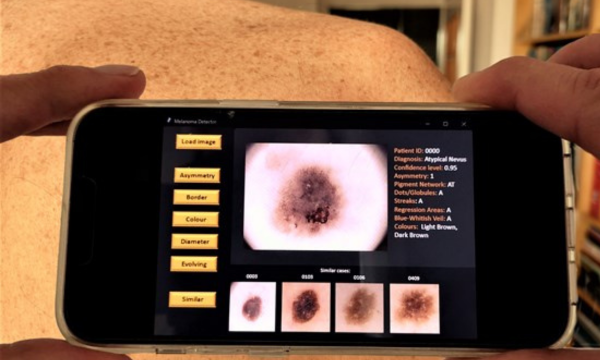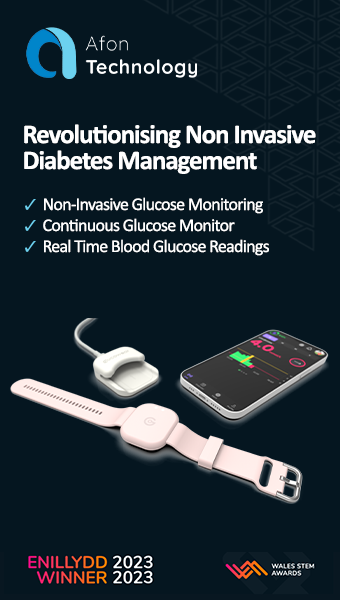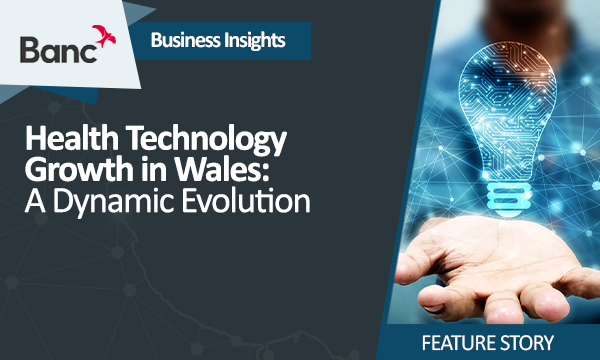Researchers at the University of South Wales (USW) are working to develop an app that could help streamline the diagnosis of skin cancer.
Led by Associate Professor Dr Janusz Kulon, the USW team, in collaboration with Cardiff and Vale University Health Board, has been using artificial intelligence to help analyse anonymised data collected from NHS patients.
The project was set-up to develop a tool which could help GPs more easily identify potential skin cancers, and then refer the patients to specialists to manage any required treatment.

“Dermatologists have been overwhelmed in the past by the number of referrals they have received from GPs who were looking for a specialist to decide if skin lesions needed some further investigation,” Dr Kulon said.
“Because GPs are not specially trained in spotting potentially malignant marks on a patient’s skin, they basically had to send every potential case for analysis.”
Having been given access to data from thousands of NHS patients, and the results of analysis of their potential skin problems, the team has been working to develop the app to help GPs decide if a referral to a specialist is required.
“By being given access to the patient data and the outcomes of the examinations by specialists, including histopathology results, we can identify particular characteristics of any abnormalities which are especially diagnostically challenging and develop a more objective system to support GPs in diagnosing skin lesions ,” Dr Kulon said.
“With that data, the artificial intelligence system has been able to learn what to look for, to highlight any features that are clinically important, and then to flag this to the medical staff.”
Dr Kulon said that the project has looked at a variety of techniques which can characterise clinically important features – such as shape, colour, asymmetry, border irregularity and dermoscopic structures of the lesions – which can offer tell-tale signs of any malignant growths.
By taking regular images of the lesions, any changes can be flagged to help ensure concerns are raised with the specialists.
“What this is not, however, is a replacement for human expertise,” said Dr Kulon.
“We are not creating another medical black box but fully interpretable AI algorithm to support diagnostic assessment. When it is developed the app would be a tool which supports the specialists in their work, an extra pair of eyes which can help to make the diagnosis system more efficient.”
While the concept behind the app has been developed, more work is needed to ensure it is able to be used in the real world.
“The endpoint of this project is an app which has been validated through a clinical trial,” Dr Kulon said.
“What we have at the moment is a set of algorithms which are being developed to help the system continually learn and understand how changes in the lesions have impacted patients in the past, and how that knowledge could be used in the future to support the decision-making processes of specialists.”






